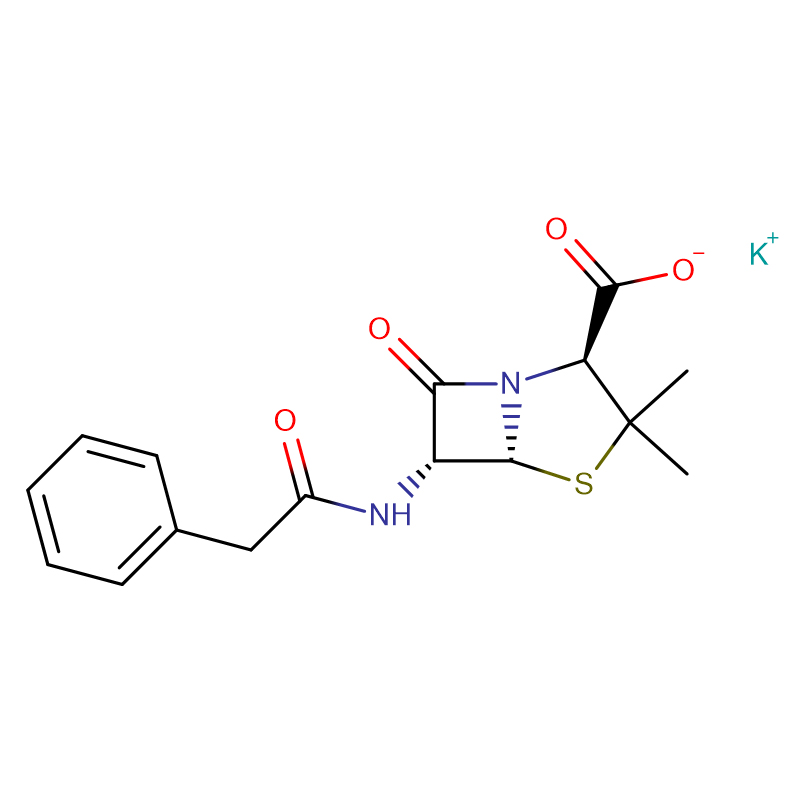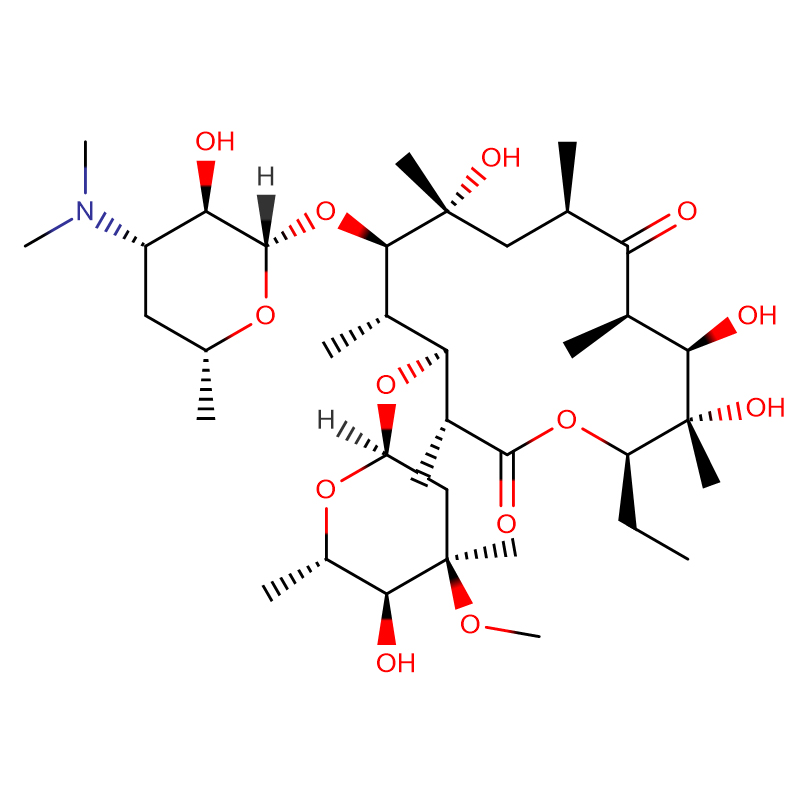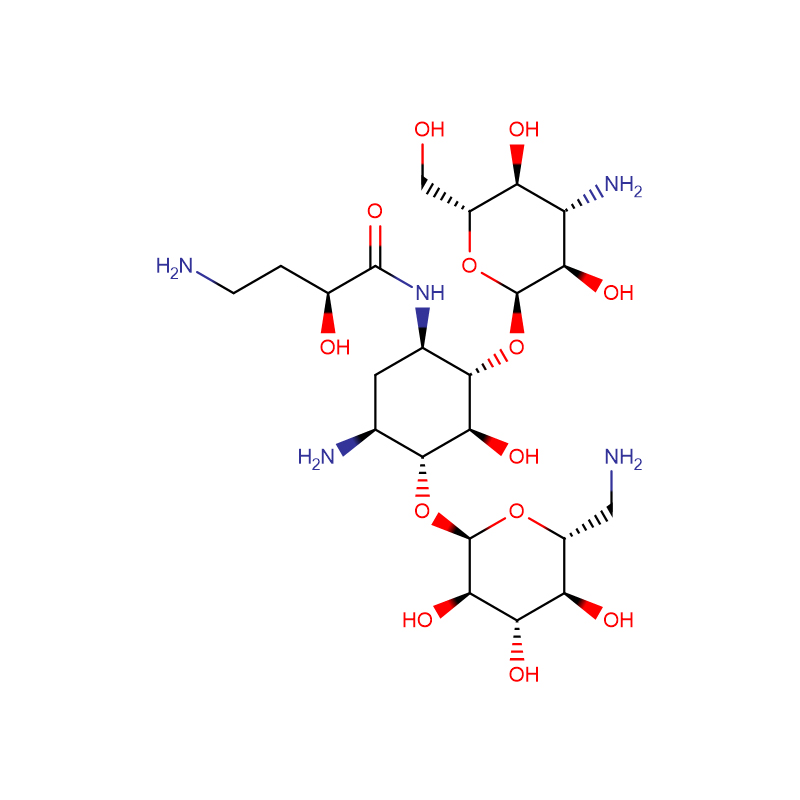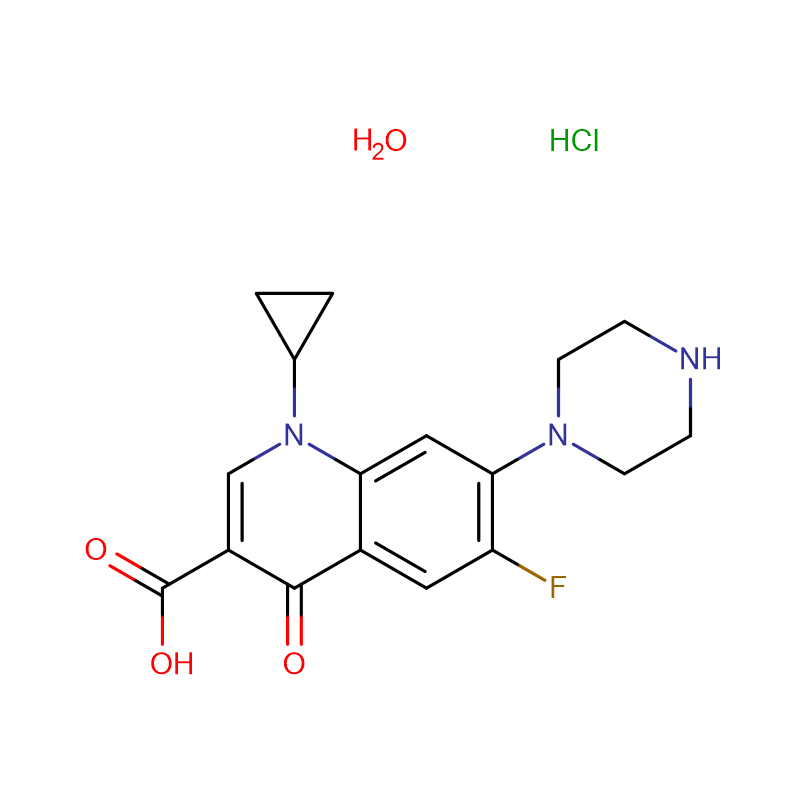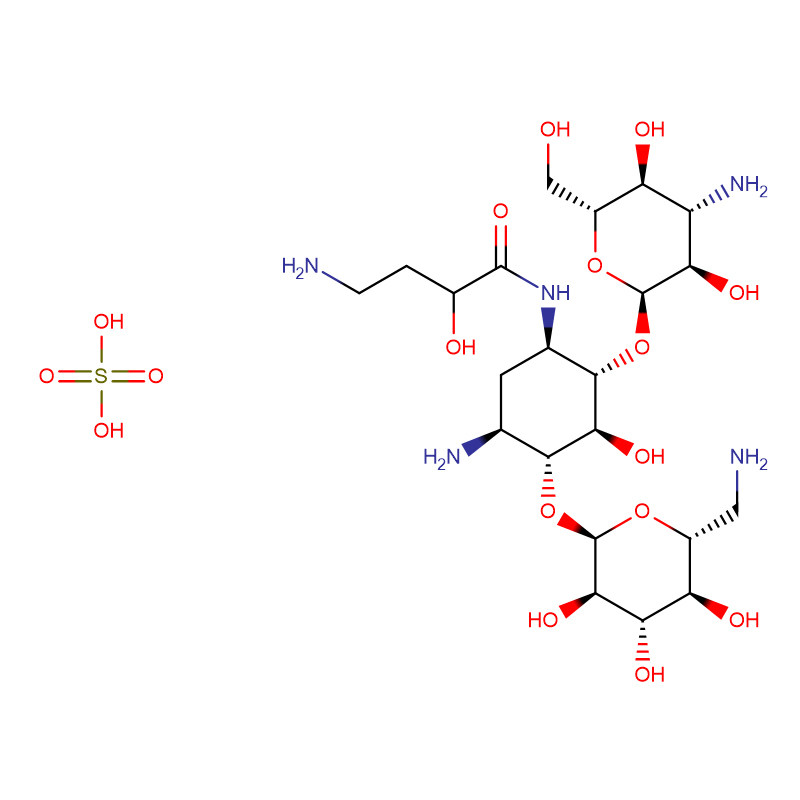Penicillin G potassium salt CAS:113-98-4 99% White powder
| Catalog Number | XD90351 |
| Product Name | Penicillin G potassium salt |
| CAS | 113-98-4 |
| Molecular Formula | C16H17KN2O4S |
| Molecular Weight | 372.48 |
| Storage Details | Ambient |
| Harmonized Tariff Code | 29411000 |
Product Specification
| Loss on Drying | <1.0% |
| Colour of Solution | Not more intensely coloured than intensity Y2 or YG2 of the range of reference |
| pH | 5-7.5 |
| Related Substances | <1.0% |
| Assay | 99% |
| Potency | 1440 - 1680u/mg |
| Appearance | White to almost white crystalline powder |
| Clarity of Solution | Not more than opalescent than reference suspension 1 |
| Transmittance | NLT 90% |
| Butyl acetate | NMT 0.05% |
| Butanol | NMT 0.12% |
e described previously that an autoinducer molecule, identified as 1,3-diaminopropane (1,3-DAP), is secreted by Penicillium chrysogenum and Acremonium chrysogenum. Using pH-controlled fermentor cultures we have observed in this work that 1,3-DAP and spermidine clearly stimulate the biosynthesis of benzylpenicillin in P. chrysogenum, both in defined and in complex penicillin production media. Both 1,3-DAP and spermidine, but not putrescine (1,4-diaminobutane), produce a drastic increase in the transcript levels of the penicillin biosynthetic genes pcbAB, pcbC and penDE. These polyamines do not affect the expression of the global pH-stress regulator pacC gene, thus excluding that the effect of 1,3-DAP and spermidine is due to a modification of the pH control mechanism. Expression of the three penicillin biosynthetic genes is drastically reduced in a laeA-knock-down mutant of P. chrysogenum, which produces very low levels of benzylpenicillin. Interestingly, 1,3-DAP and spermidine revert t he effect of the laeA knock-down mutation, completely restoring the levels of penicillin production. Furthermore, 1,3-DAP and spermidine enhanced the expression of laeA in the parental strain and restored the levels of laeA transcripts in the laeA knock-down mutant. Taken together these results indicate that the stimulatory effect of the inducer molecules 1,3-DAP and spermidine is exerted, at least in part, through the stimulation of the expression of laeA, a global regulator that acts epigenetically on the expression of secondary metabolite genes by heterochromatin reorganization.


